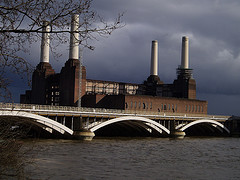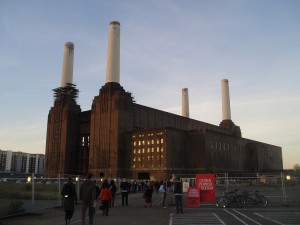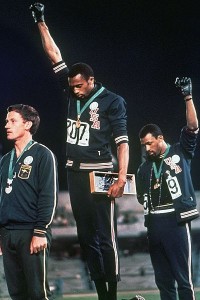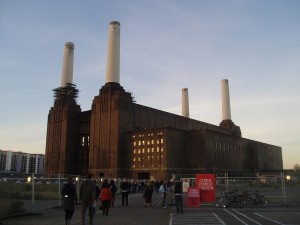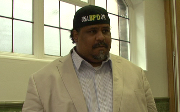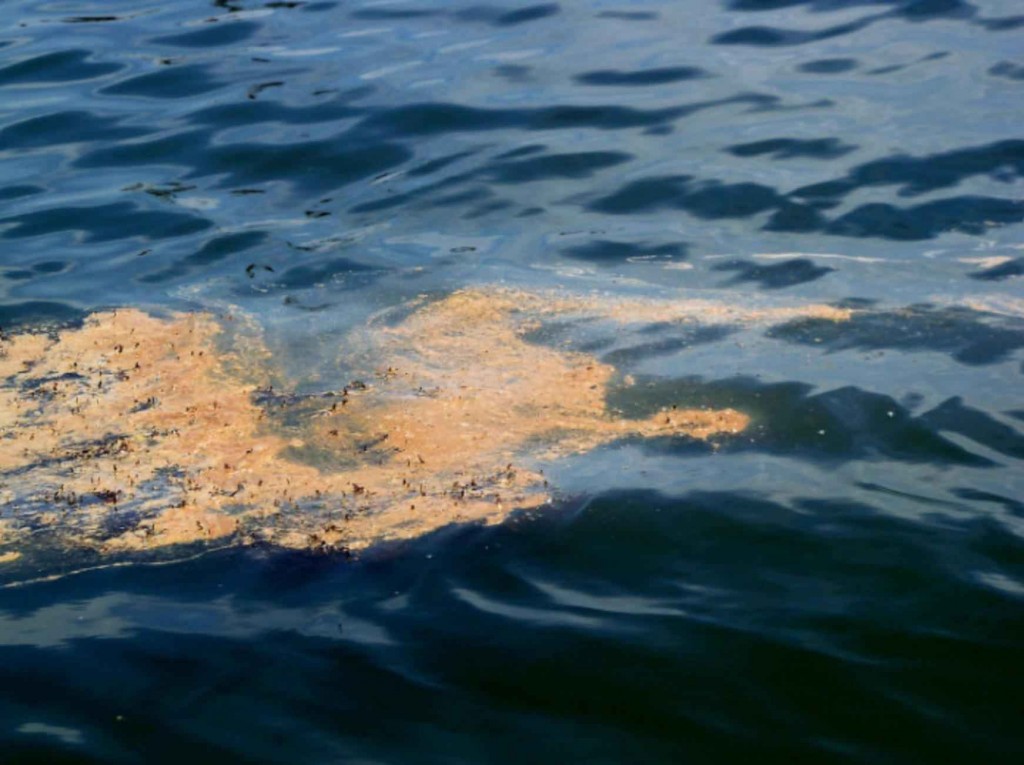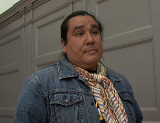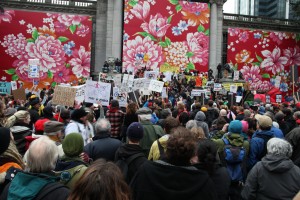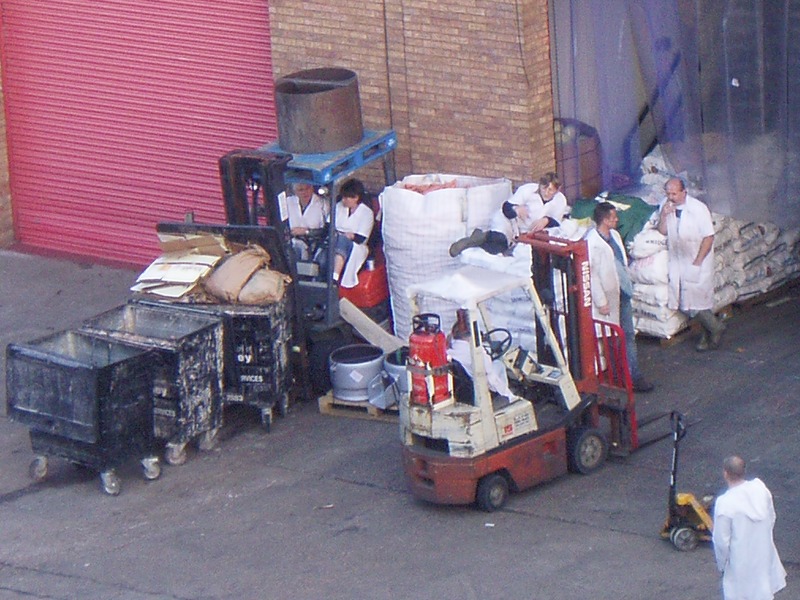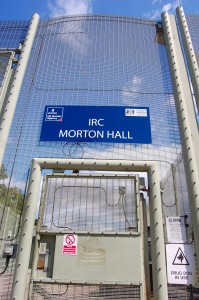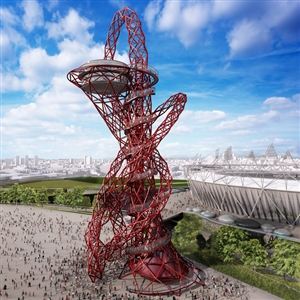Architect Keith Garner, has written a letter to Architect Journal according to the Battersea Power Station developments.
” You say in your editorial (10th May 2012) that the suggested move by Chelsea FC is a “the most thrilling and plausible vision” put forward for the building to date. You also criticise deputy mayor Eddie Lister for opposing the move. It is true that, in his time as Leader of Wandsworth Council, Eddie Lister presided over three failed schemes for Battersea Power Station. But in opposing the move by Chelsea, Eddie Lister is right.
Lack of infrastructure cited by Lister is one of many reasons why this scheme won’t work. Sketches by KPF that you also publish show that he stadium will take up space currently occupied by the Cringle Street refuse transfer station. Where will the transfer station go? Nor do you mention the new US Embassy would be overshadowed by the Russian oligarch’s stadium. Surely the State Department will have something to say about that?
Far from maintaining the integrity of the II* listed building as you suggest, KPF’s sketches show that the ‘B’ Station turbine hall would be demolished, so the essential symmetry of the building would be lost. Still worse is the idea of grafting a 60,000 seat stadium onto the side of a building which is (currently) famous as a solitary urban monument.
This is an unviable and unattractive scheme that would condemn Battersea Power Station to years of further neglect while Ambramovich & his team try to make it work. It does the AJ no credit to support it.
Fortunately the question of Battersea Power Station was given a more sober assessment at the recent Twentieth Century Society seminar, which was timed to coincide with the sale of the building following the collapse of the scheme by the previous owner Treasury Holdings. One of the key points to emerge from the meeting was that the building should be passed to a public interest trust, with an endowment to fund repairs.
In pursuit of this objective, the Battersea Power Station Company (a development trust set up by Battersea Power Station Community Group) has offered £1.00 for the freehold of the building by sale deadline. The remainder of the site (the former South Lambeth Goods Yard site to the south, not historically a part of the Power Station) would be sold to raise the money owed to the creditor banks and give an endowment to the trust.
By this route, Battersea Power Station could be opened in the short term as a “controlled ruin” in a public park with a riverside walk to Battersea Park. The building could then be repaired and brought back into used in a sensible phased refurbishment as funds permit. Meanwhile commercial development could proceed on the flat land to the south unencumbered by the task of making a profit from the listed building itself.
“Investment and vision”, as you say. Well, state-controlled Lloyds Bank is one of the two main creditors and could retain a stake in the project. Now it is time for the GLA, Wandsworth Council and English Heritage – who have all sat on their hands while the building has deteriorated – to get around the table with administrators Ernst & Young to make this desirable outcome a reality.
Very well done Chelsea FC for winning the Champions League. But please stay at The Bridge! ” (Keith Garner, 2012)
Click Battersea Power Station for more blogs
See our Battersea Power Station project pages for more information and videos.
Or visit PlanA our general blog on urbanism, planning and architecture.
Spectacle homepage
Befriend Spectacle.Docs on Facebook
Follow SpectacleMedia on Twitter

